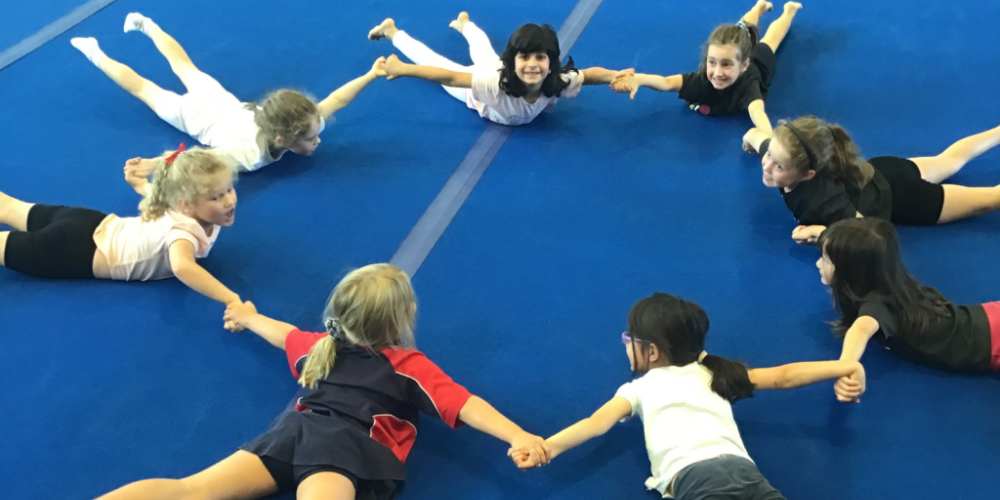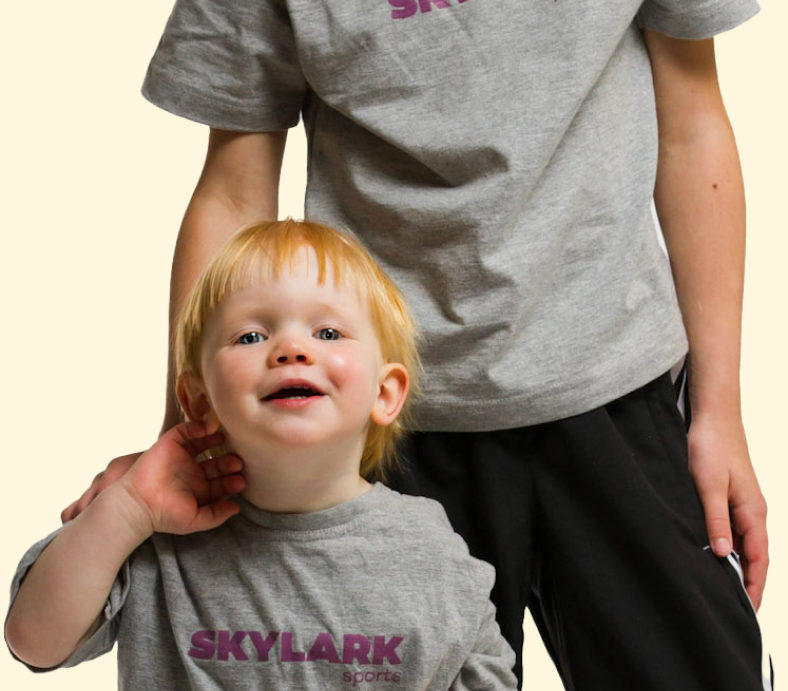We know you want nothing else but the best for your child as a parent. Part of that is choosing the appropriate activities that foster physical, social, and cognitive growth. This is where the kinder gym, a play-based educational activity created especially for young children.
Kinder gym is a play-based educational exercise that supports young children's physical growth, social skills, and cognitive abilities. Kids of all ages may benefit from kindergym in various ways, from developing their motor skills to sharpening their problem-solving skills.
In this article, we'll go over the advantages of a kinder gym in more detail, including how it affects kids' physical health, social skills, and cognitive growth. We'll also give you a few tips on maximizing your kinder gym sessions and provide insightful information on why the kinder gym is such a fantastic play-based learning activity for your child.
So let's get started and learn how kinder gym can support your child's development!
What Does Kinder Gym Actually Mean?
Kinder Gym is a physical fitness programme developed for young children designed to encourage mobility, discovery, and social engagement via play. Activities that encourage essential movement abilities, such as running, leaping, balancing, crawling, throwing, and catching, are generally included in Kinder Gym sessions. They also contain cognitive and social exercises that aid in developing critical abilities and habits in youngsters.
Kindergym is a play-based program that teaches children motor skills, coordination, balance, and flexibility through running, leaping, climbing, and tumbling. Kindergym programmes are usually taught by experienced teachers who provide a safe and enjoyable atmosphere for children to develop and explore their physical talents. Kindergym exercises are age-appropriate and help kids develop a love of physical activity and fitness at a young age.
What is Play-based Learning, By the Way?
Play-based learning is an educational strategy that emphasizes play's relevance in children's learning and development. It entails developing a learning environment that allows children to explore, experiment, and engage in imaginative play while simultaneously allowing them to gain critical skills and information.
According to Early Education Childhood and Care, play-based learning allows children to actively and imaginatively interact with people, things, and the environment. Children may organize, construct, manipulate, pretend, explore, investigate, create, engage, imagine, negotiate, and make sense of their worlds while playing. It encourages a child's holistic development (physical, social, emotional, cognitive, and creative). Depending on how it is used, it may also enhance a wide range of reading and numeracy abilities. The role of the instructor in scaffolding play is critical.
Elements of Play-based Learning
In an article written by wonderschool.com, play-based learning consists of the following elements:
The following components are included in play-based learning:
Self-chosen
A youngster decides to play, how they will play, and how long they will play. An adult may commence play by inviting or suggesting it, but the kid controls the rest.
Enjoyable
Play is pleasurable for children. This emotional factor is critical. There may be occasional difficulties or conflicts during play, but it is generally enjoyable.
Unstructured
During play, a youngster has plenty of time to explore and discover. They are guided by their interests rather than predefined norms or strategies.
Process-oriented
There is no conclusion or learning objective. Instead, it is the game's process that is significant.
Make-believe
Imagination,' make-believe,' or 'playing pretend' are frequently used in play.

What Should You Expect During Kinder Gym Sessions?
The Kindergym programme was created to teach children the joys of movement and fitness at a young age. Its goal is to help your child develop the knowledge and habits essential to living a healthier life.
At Skylark Sports, where we offer an inclusive kindergym performance program, you would expect to see your kids enjoy the following activities:
- running for 45 minutes
- Features themes and activities that rotate every two weeks
- includes group time for brain-building games such as crossword puzzles
- Gross and fine motor abilities, patterning and vestibular stimulation
- fundamental gymnastics forms and safe landings
- Climbing, crawling, leaping, rolling, swinging, balancing, tossing, and catching are examples of gymnastics abilities and circuits.
During Kinder Gym lessons, you may usually expect the following:
- A fun, safe, and encouraging atmosphere for kids
- Physical exercises for children of all ages improve essential movement abilities such as running, leaping, balancing, crawling, throwing and catching.
- Group games, music, and activities requiring collaboration and communication are examples of activities that enhance cognitive and social growth.
- Activities such as utilizing balls, hoops, and other equipment to assist youngsters in improving their hand-eye coordination and fine motor abilities.
- Qualified teachers with expertise in dealing with young children who ensure that the activities are safe and appropriate for the children in the class.
- Child-led play and discovery are emphasized, with the opportunity for children to pick activities that interest them.
Benefits of Play-based Kindergym Activities for Your Kids
Kindergym exercises can provide several advantages to young children. Here are some of the main benefits:
Physical Development
Gross motor abilities, balance, coordination, and total physical health are all enhanced by kindergym exercises. Children can benefit from these exercises by strengthening their muscles and increasing their flexibility and endurance.
Improves Physical Fitness
Regular participation in Kinder Gym may enhance your child's physical fitness, increasing cardiovascular endurance, strength, and flexibility.
Increases confidence and respect for oneself
Through encouragement and positive reinforcement, children can develop confidence and self-esteem during Kinder Gym lessons.
Promotes a love of physical activity
Sessions at Kinder Gym may help kids develop a love of exercise, which can lead to a healthy and active lifestyle.
It provides an opportunity for social interaction.
Sessions at Kinder Gym allow kids to engage with other kids their age, fostering friendships, social skills, and a feeling of belonging.
Emotional Growth
Children may learn emotional abilities, including empathy, self-awareness, and emotional control, through kindergym exercises. Children can learn to control their emotions and express themselves positively through these activities.
Frequently Asked Questions
What should you wear at KinderGym?
What should I bring to KinderGym? All you needed was a water bottle. Please ensure your children have dressed appropriately, such as in leggings, shorts, or tracksuit pants. KinderGym does not allow dresses or tights.
How frequently should my child attend Kinder Gym?
Depending on the curriculum, the number of Kinder Gym classes may vary. Attendance once or twice a week is often advised.
Is any prior experience or equipment required for my kid to participate in Kinder Gym?
Your kid can skip prior experience or equipment to participate in Kinder Gym programmes. The programme will provide age-appropriate equipment and training.
How can Kinder Gym programs encourage my child's interest in physical activity?
Kinder Gym programmes provide children with a fun and engaging setting to explore physical activity and movement, fostering a love of physical exercise from an early age.
Key Takeaways
Kinder Gym is an essential program for young children that encourages physical exercise, healthy development, and social connection. Children may acquire essential movement skills, increase physical fitness, improve coordination and balance, stimulate cognitive and social development, create confidence and self-esteem, foster a love of physical activity, and engage in social interaction through Kinder Gym.

